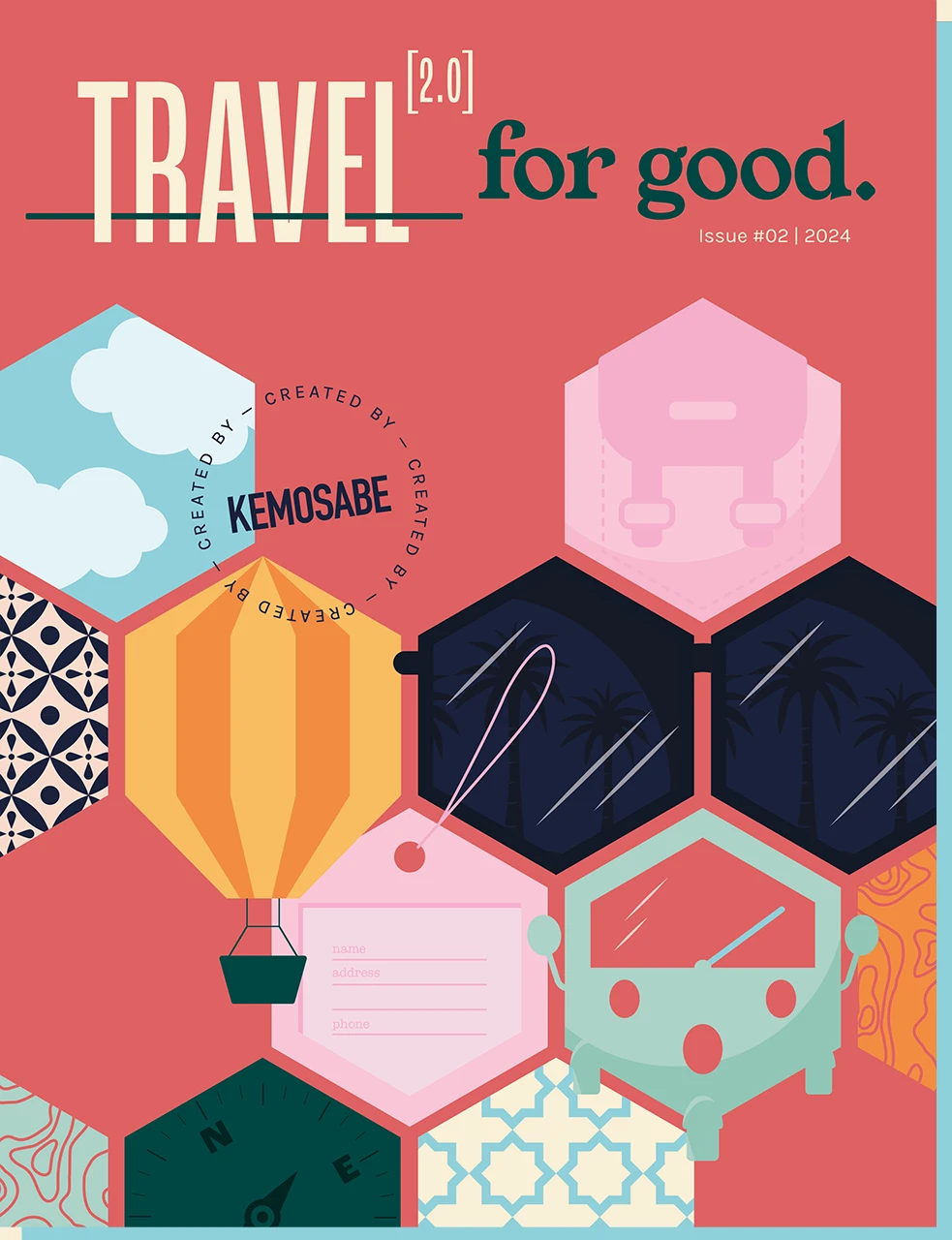
Welcome to _For Good Magazine, a showcase of brands pushing the boundaries of Travel _For Good. This is the second edition of _For Good that focusses on travel. The first saw brands emerging from COVID. This edition is a reflection of how far the travel industry is pulling away from those difficult days of lockdown. Whereas the last edition bore witness to brands still having one eye on COVID, Travel _For Good 2.0 sees some of the most innovative brands in travel, looking forward with confidence.
Read All The Issue 2 Articles Here.
Read Now

Read All The Issue 2 Articles Here.
By
Read All The Issue 1 Articles Here.
Read Now

Read All The Issue 1 Articles Here.
By
2023/02/13 at 11:43 am

